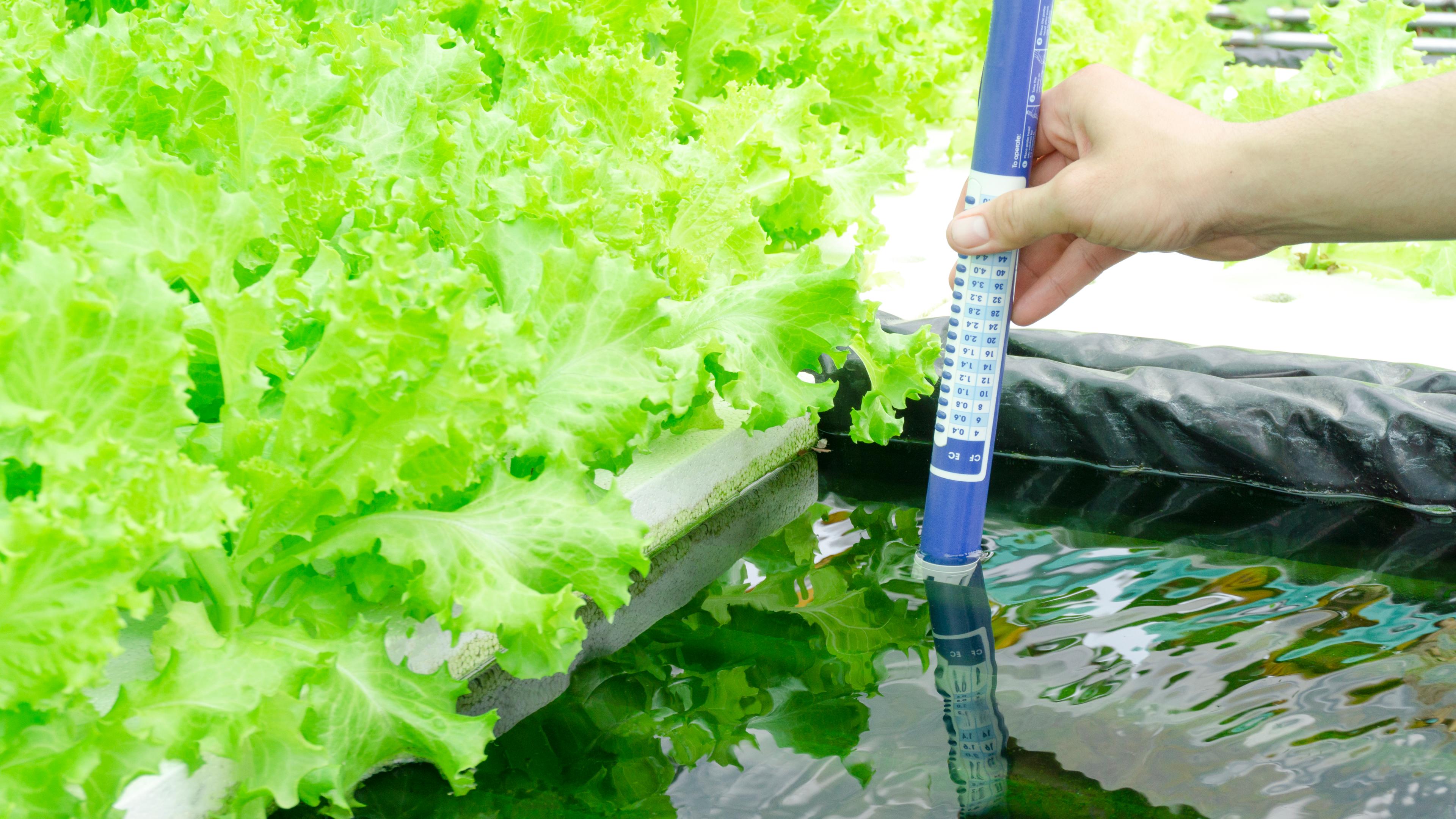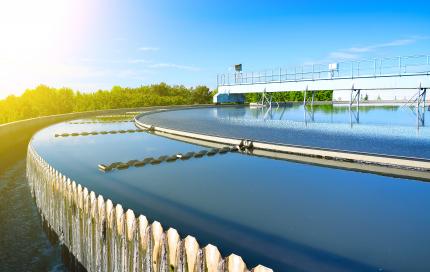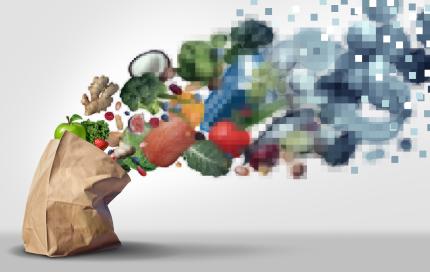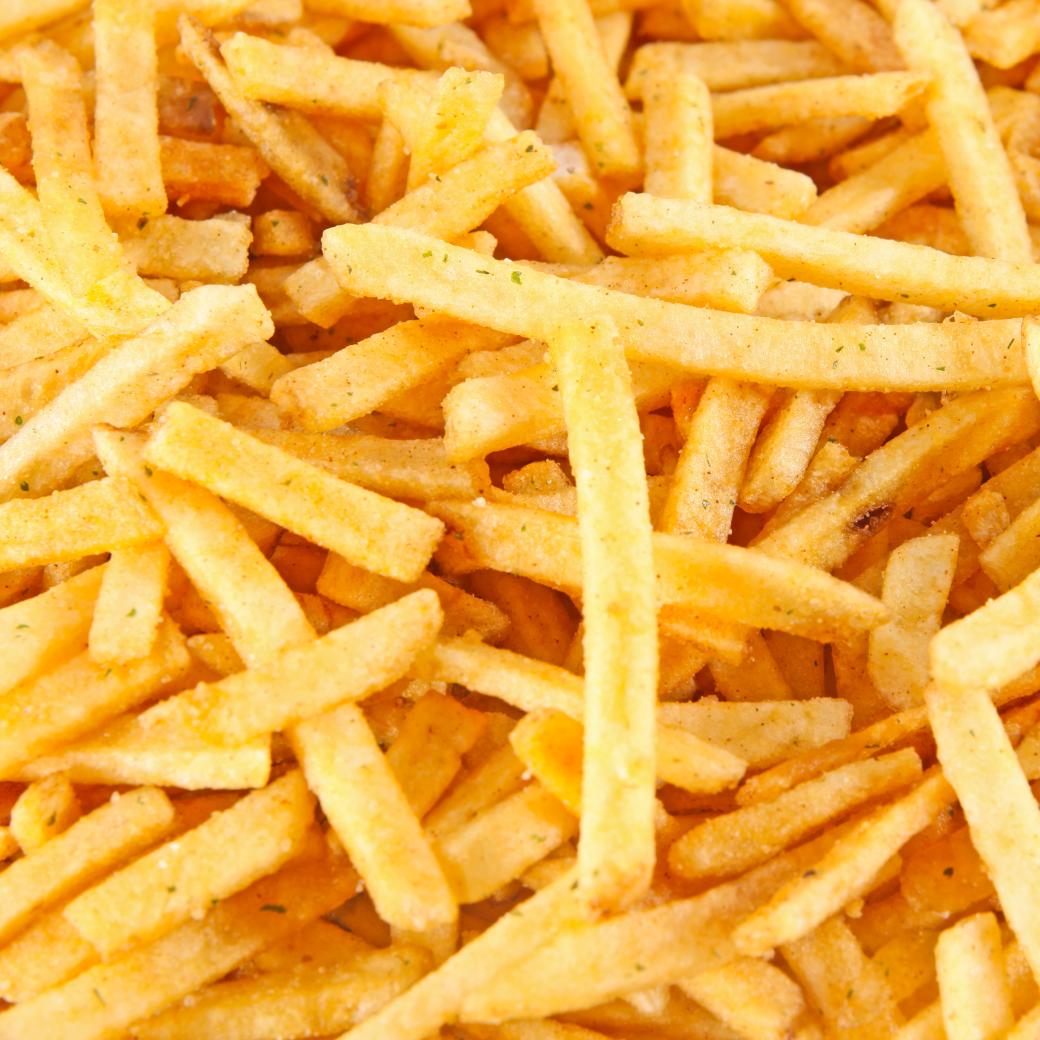WaMIP

Economic/technical feasibility study for the use of MIP based sensors in the vegetable and potato processing sector
Why this project?
Vegetable and potato processing companies strive towards a sustainable production process. Because of this, they want to cut down on water consumption (among other things). This can be achieved by re-using the washing water, but this poses new challenges for the food companies. For example, pesticides from the fields can accumulate in the water. To optimise the water use, an in-line, real-time monitoring of pesticides and other components that end up in the water after washing the potatoes or vegetables is needed.
In the Flemish food industry, (frozen) vegetable processors are rapidly growing companies that export their products to various countries. Some of these countries have strict regulations regarding pesticide levels in products. A technology that can monitor the reduction of pesticide levels in washing water is therefore not superfluous. Samples are currently being taken and sent to the lab. This is a time-consuming process that can increase the costs of quality control, cause capacity loss, increase the risk of food waste caused by rejections after production and increase the risk of recalls.
Therefore, the global objective of this project is to research the feasibility of using MIP technology to measure specific components (pesticides, biocides and micro-organisms) in process water from the vegetable and potato processing industry.
Research approach
WaMip is a collective research project (type VIS-CO) with the objective of finding an in-line, real-time detection system that can detect pesticides and other components in the washing water of vegetable and potato processing companies. Specifically, we want to reach this objective by:
- Is measuring the desired components technically feasible?
- Developing proof of concept MIPs that can be used as a marker on a suitable sensor platform and enabling electronic read-out techniques to measure the specific components in washing water.
- Exploring the possibility of detecting the target molecule in relevant and real concentrations in buffer solutions and in specific sample solutions.
- Is in-line measurement possible?
- Process analysis to examine if an in-line analysis method is feasible (and where these sensors should ideally be placed) so that fast and accurate decisions can be made regarding the recycling of process water.
- Is the implementation of this technique financially feasible?
- Financial analysis of the potential cost and time savings of the MIP sensors (depending on the materials needed to produce the MIP) in comparison to alternative techniques via sampling and analysis via mass spectrometry (in a specialised lab).
- What are the regulations for maximum residual pesticides/micro-organisms on vegetables and potatoes?
- Listing the legal provisions at Belgian and European level regarding the allowed concentrations in agriculture, wastewater, food and process water from the food industry.
Target group and expected results
The main target group for this project is companies that cut and package fruit and vegetables, companies that produce canned or frozen vegetables and potato processors. These companies are represented in this project by Vegebe and Belgapom, the recognised trade federations of the vegetable and potato processing industry, respectively.
Together with this target group, we want to create financial value by determining in-line pesticides in washing water, therefore preventing recalls. Digitising these measurements can also lead to a more efficient re-use of the washing water. Companies can save water without compromising food safety.
Legislation for pesticide levels in processed vegetables will become stricter in the future and this project will respond pro-actively, preparing the companies for stricter regulations. The sensors will allow them to monitor pesticide levels continually and anticipate legislation changes.
Executors
Flanders’ FOOD manages and coordinates the project. Responsibility for the execution:
- Hasselt University- IMO- IMOMEC, under the supervision of Prof. Ethirajan in close collaboration with Prof. Thoelen.
- Ghent University
- The research group Industrial Biological Sciences (LFMB) from Ghent University (Campus Kortrijk, under the supervision of Prof. Sampers.
- Laboratory for Phytopharmacy (LF) affiliated with the Plant Protection Department of the Faculty of Bioscience Engineering, under the supervision of Prof. Spanoghe.
- Vegebe, under the supervision of Nele Cattoor and Romain Cools.
Articles





